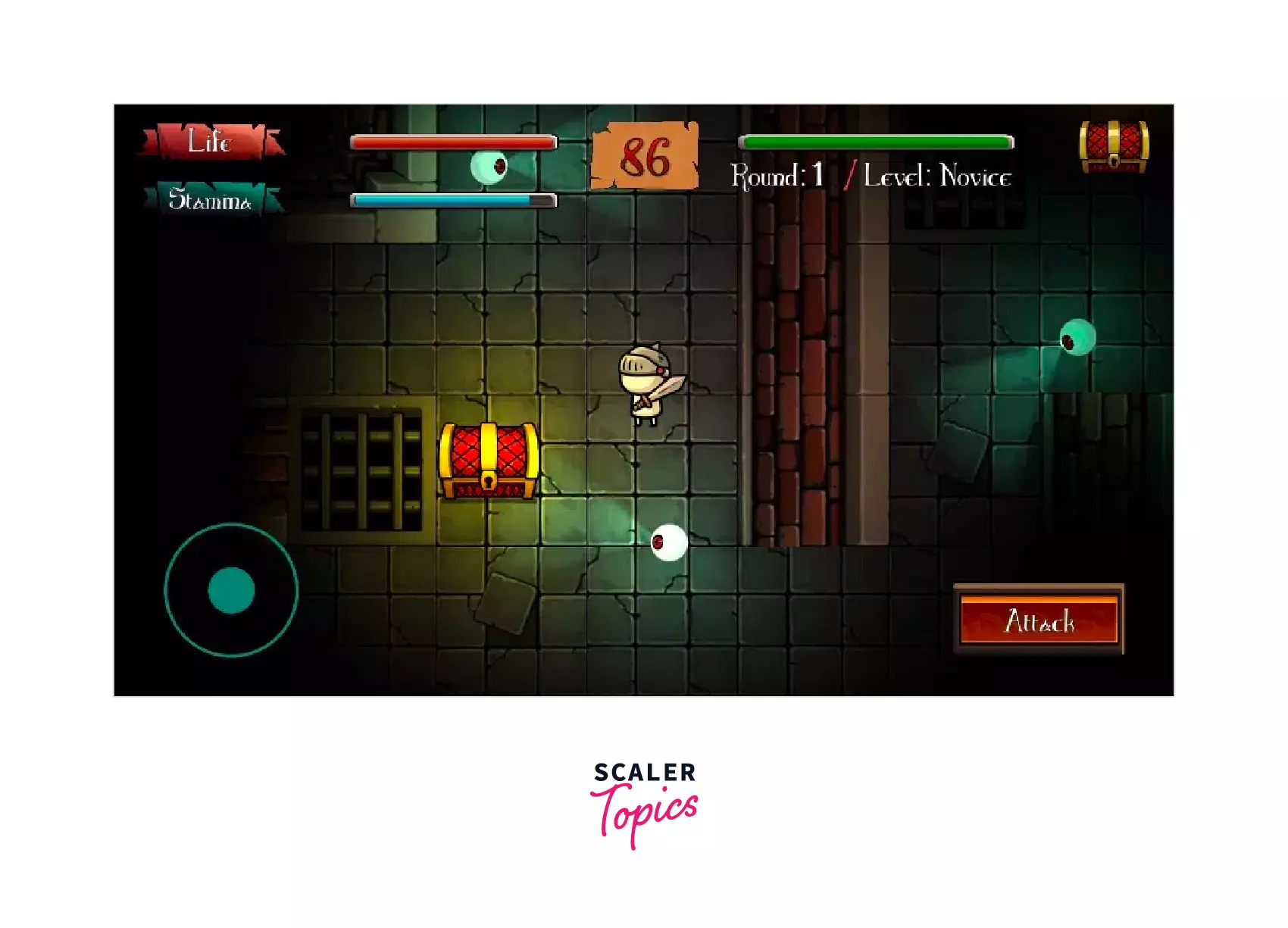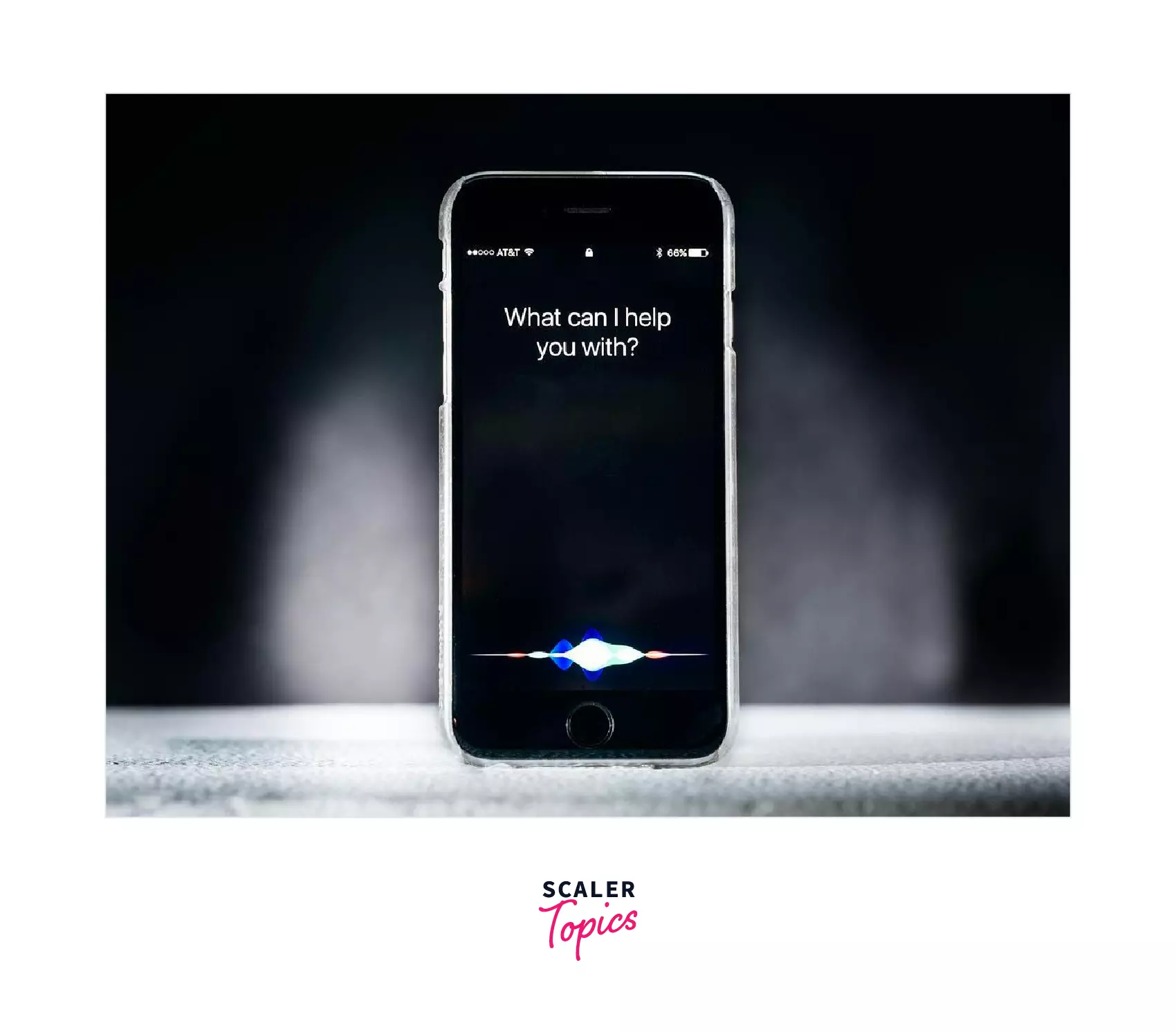AI in Entertainment
Overview
Artificial intelligence in entertainment has the potential to completely change the media and entertainment industry, affecting everything from content creation to the user experience. It has the potential to revolutionise how viewers view movies, TV programs, videos, games, and sports. The automation of numerous repetitive tasks by AI will increase productivity and give media workers a competitive advantage, as this knowledge has been realised by the industry. AI-based automation can free up more time for entertainers and content producers to focus on their trade and produce interesting material. By analysing important data, AI will also assist production companies in making wise choices about marketing and advertising.
What is AI in Entertainment?
AI in entertainment refers to the use of artificial intelligence (AI) technologies to create, distribute, and personalize content in the media and entertainment industry. This includes using AI algorithms to assist with tasks such as content creation, distribution, recommendation, and engagement.
AI is being used in various forms of entertainment, including film, television, music, gaming, virtual reality, and social media. For example, AI algorithms can be used to generate new forms of content, such as virtual reality experiences, interactive video games, and personalized news articles. AI can also be used to assist human creators in tasks such as video editing, sound design, and special effects.
In addition, AI can be used to personalize content for individual users based on their preferences and behaviour. For example, AI-powered recommendation engines can suggest content based on a user's viewing history, social media activity, and search behaviour. This can help media companies to engage with their audience more effectively and to optimize content promotion strategies.
Need for AI in Entertainment
AI is rapidly transforming the media and entertainment industry by enabling new forms of content creation, personalization, and distribution.
Here are some ways in which AI is empowering this industry:
- Content Creation: AI algorithms can be used to generate new forms of content, such as virtual reality experiences, interactive video games, and personalized news articles. AI can also be used to assist human creators in tasks such as video editing, sound design, and special effects.
- Personalization: AI can be used to personalize content for individual users based on their preferences and behaviour. For example, AI-powered recommendation engines can suggest content based on a user's viewing history, social media activity, and search behaviour.
- Audience Engagement: AI can be used to analyze social media data and user feedback to understand audience preferences and sentiments. This can help media companies to develop content that resonates with their audience and engage with them more effectively.
- Distribution: AI can be used to optimize content distribution across different platforms and channels, such as social media, streaming services, and broadcast television. AI can also be used to predict audience engagement and optimize content promotion strategies.
Applications of AI in Entertainment
Artificial intelligence (AI) has revolutionized the entertainment industry in various ways.
Here are some real-life examples and use cases of AI in entertainment:
- Personalized Content Recommendations - Companies like Netflix and `Amazon Prime Video use AI algorithms to recommend personalized content to their users based on their viewing history, preferences, and behaviour. Netflix uses a variety of recommendation AI models to suggest content to its users. One of the main models used is the collaborative filtering algorithm, which analyzes a user's viewing history and preferences to recommend similar content.

- Predictive Analytics in Movie-making - AI algorithms can analyze large amounts of data to predict the success of a movie before it's even made. , For example,, Warner Bros. used an AI tool called Cinelytic to predict the box office success of its movies.
- Virtual Assistants for Customer Support - AI-powered chatbots and virtual assistants are used in the entertainment industry to handle customer inquiries and support. , For example,, StubHub uses a chatbot to help users find and purchase event tickets.
- AI-generated Music and Art - AI algorithms can generate music and art that mimics the style of a particular artist or genre. , For example,, AIVA (Artificial Intelligence Virtual Artist) is an AI composer that creates original music.
- Interactive Gaming Experiences - AI algorithms are used to create more immersive and interactive gaming experiences. , For example,, the AI-powered game "AI Dungeon" generates stories and scenarios based on the user's inputs.

- AI-powered Special Effects in Movies - AI algorithms are used to create special effects in movies, such as creating realistic explosions and simulating natural disasters.
- Voice Recognition and Synthesis - AI algorithms are used to recognize and synthesize human voices in the entertainment industry. For example, Amazon's Alexa and Apple's Siri use AI to recognize and respond to human voice commands.

Conclusion
- The `entertainment industry is increasingly using AI technology to improve various aspects of the creative process, from generating new ideas to post-production and distribution.
- AI can be used to analyze vast amounts of data to identify trends and preferences among audiences, helping to inform decision-making in areas such as content creation and marketing.
- AI can also be used to personalize content for individual viewers, providing a more engaging and immersive experience.
- In the music industry, AI can be used to generate new songs, analyze and enhance existing recordings, and even create virtual artists that can perform in real-time.
- In film and television, AI can be used for a variety of purposes, such as generating realistic special effects, creating virtual characters, and automating certain aspects of the post-production process.
- While there are many potential benefits to using AI in entertainment, there are also concerns about the impact it could have on jobs and creative expression. As such, it will be important to ensure that the technology is used ethically and responsibly.
